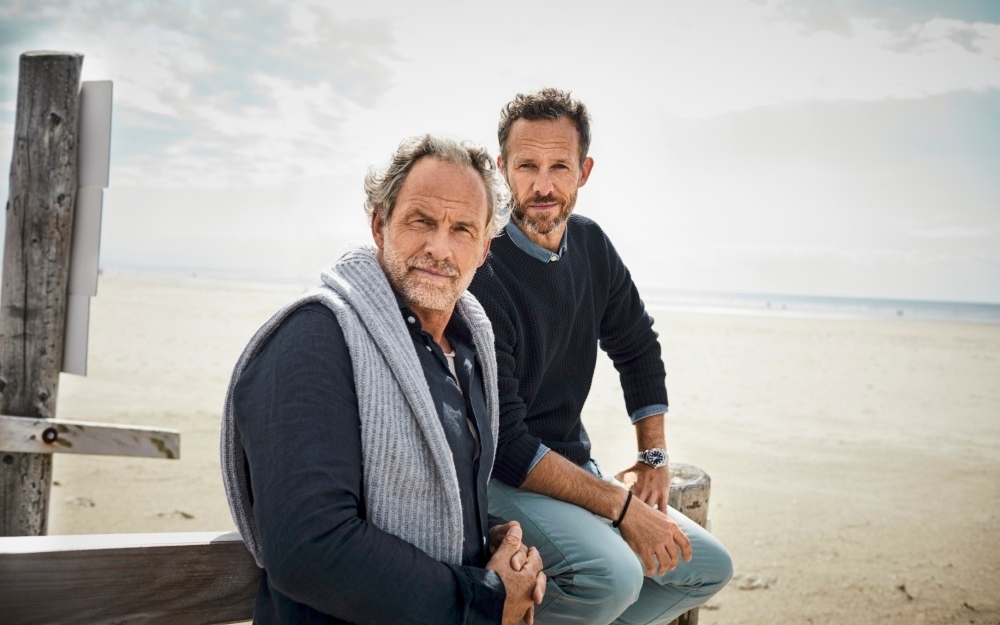If you’ve spied more men than usual sporting moustaches this month, you’re not alone! “Movember” sees many Kiwi men start the month clean-shaven and spend November growing their moustaches for charity. The campaign raises awareness and funds for men’s health issues, particularly prostate cancer, testicular cancer and mental health, encourages men to have open conversations about their health and to seek medical help when needed. Read on to get informed, then encourage the men in your life to do the same!
Mental health
The statistics for men’s mental health are sobering. Three out of four people who die by suicide in New Zealand are men, while globally, on average, one man dies by suicide every minute of every day. Signs that someone could be in distress might include not sleeping, eating less or more than usual, forgetting grooming (no clean clothes, or not showering or brushing teeth), avoiding social situations, being more irritable than usual, increased hopelessness, or more. If you find someone is out of character, it is important to check in with them – it could save their life.

How to check in with a friend
Non-profit suicide prevention organisation R U OK? developed the model ALEC for navigating conversations with friends, colleagues or loved ones who might be struggling.
Ask
Start by asking how they’re feeling (you could mention any changes you’ve noticed). Use a prompt such as, “You haven’t seemed yourself lately – are you feeling okay?” Trust your instinct and don’t be afraid to ask twice – people often say “I’m fine” when they’re not.
Listen
Give them your full attention and let them know you’re not judging. You don’t have to diagnose problems or offer solutions, but asking questions lets them know you’re listening. For example, “That can’t be easy – how long have you felt this way?”
Encourage action
Help them focus on simple things that might improve how they feel. Are they getting enough sleep? Exercising? Eating well? Suggest they share how they are feeling with others they trust and if they’ve felt low for more than two weeks, advise they chat with their doctor.
Check in
Follow up your conversation with a catch-up or phone call. This shows you care and you can see whether they are feeling any better.
If you’re feeling low or overwhelmed, don’t ignore it – reach out for support.

Testicular cancer
There are different types of testicular cancer, but the two main types are germ cell tumors, which account for about 95 percent of testicular cancer cases, and stromal tumours. Globally, more than 109,000 men are diagnosed with testicular cancer every year. Anyone who has testicles can get testicular cancer and any age can be affected, but the vast majority are diagnosed in their twenties and thirties. The good news is, it’s highly curable when it’s found and treated early. The best thing men can do is feel their testicles regularly.
Fact: 70 percent of men either never have or don’t regularly check their testicles.
How-to guide for men
Get in the shower – the warm water and steam helps you relax.
Roll one testicle between your thumb and fingers, checking for any changes, pain or anything that doesn’t feel right. Repeat on your other testicle.
If think you’ve found something unusual (lump, swelling, pain, etc), see your doctor.
Prostate cancer
It’s the most common cancer in men over 45 years old and the risk of developing prostate cancer increases with age. It causes the cells in the prostate gland (a walnut-size gland located just under the bladder) to multiply uncontrollably, leading to tumours that can spread to the rest of the body. There isn’t just one type and it can take different forms, but the most common is adenocarcinoma. Early prostate cancer often causes no issues or symptoms (many men don’t notice any signs at all and can sometimes go years without noticing), so it’s important they check in with their doctor. If they notice symptoms such as difficulty when urinating (including trouble fully emptying the bladder or “dribbling” afterward), or blood in their urine or semen, it’s time to see the doctor. Like testicular cancer, early detection is key and may increase the chance of successful treatment and long-term survival.
Note: Men aged 50 or older should start talking to their doctor about prostate cancer. But if there is a family history of prostate, breast or ovarian cancer, begin these conversations earlier (around age 40), as the risk is higher.
HELP IS HERE
Need To Talk: 1737
Suicide Crisis Helpline: 0508 828 865
Lifeline: 0800 543 354
If you’re worried someone’s life is in immediate danger, call 111.


